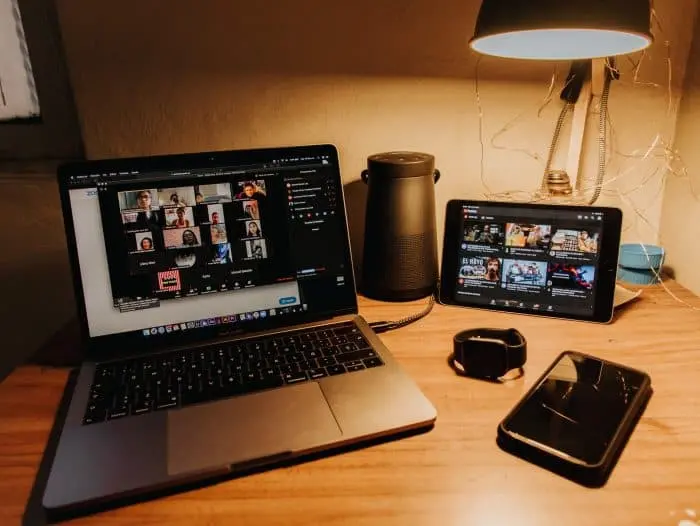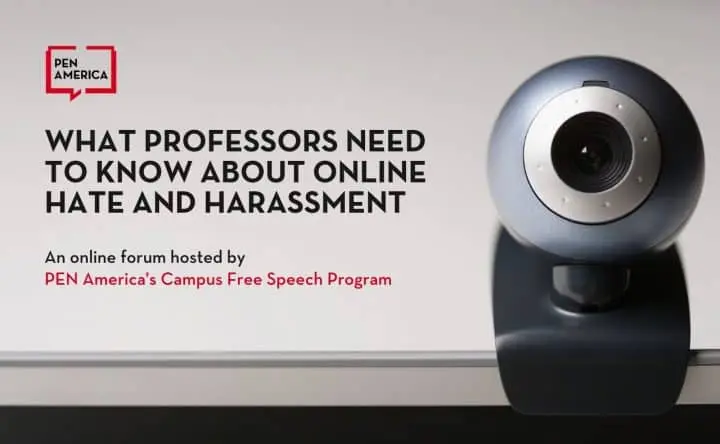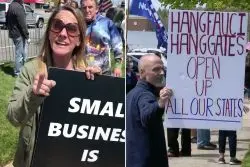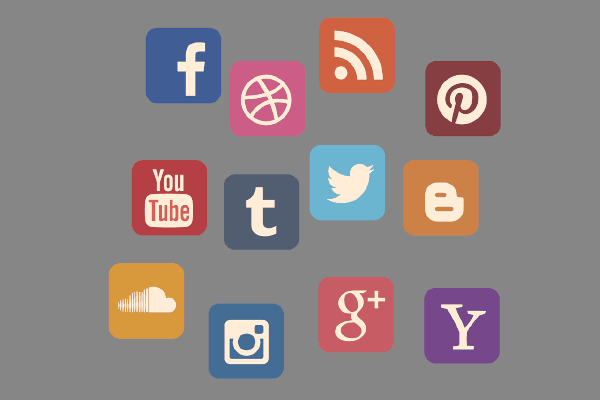The park, in Vernon Township, New Jersey, was notorious in the ’80s for the danger of its rides, which included a seriously questionable encounter called the Gladiator Challenge and something known as the Aerodium, a kind of wind tunnel intended—when it worked—to simulate the experience of skydiving.
The worst ride, though, was surely the tube-shaped water slide that ended in a 365-degree Cannonball Loop. It was so dangerous that only a few people are known to have ridden it during the month it was open, and many of these were park employees who were paid to test it. One of the testers wore hockey gear, just to be on the safe side. Other, less lucky, riders emerged from the loop dazed and bruised.
Action Park has been gone for more than 25 years now. But if you want to recapture some of the unique miseries of the experience, you can go no further than the internet—and social media in particular—where it is increasingly routine to emerge dazed and bruised, especially if you are a writer or journalist.
It’s all but impossible now to forgo an online presence if you’re trying to make a living in news media, or creating written art of any kind. Yet to be on Twitter, Facebook, or Instagram can mean facing near-constant attacks from abusive trolls of every stripe. And it’s especially bad if you have the temerity to write about race, gender, or inequality in any of its many forms. Day after day online, writers face threats of violence—even death—simply for doing their jobs, and for attempting to speak truth to power.
As a woman writing about the lives of LGBTQIA+ people for the opinion pages of The New York Times, I know firsthand what it means to be on the receiving end of vitriol. In the last several years, in response to things I have written, white supremacists and homophobes have come after me—not just online but in person. I’ve had impersonators assume my identity online in an attempt to discredit me; I’ve had people come up to me on the street outside the Times building and swear at me.
I tell myself that turning the other cheek and enduring such abuse is simply part of the job, that getting smacked around in the public sphere is what you should expect for being a public voice for marginalized individuals.
But it shouldn’t be. It shouldn’t be necessary for writers and journalists to accept harassment—online or anywhere else. It shouldn’t be normal to wake up in the morning and find your Twitter feed filled with cruel and hateful sludge. Storytellers and truth tellers shouldn’t have to fear that simply by doing their jobs they are opening the gates to abuse from free-ranging blowhards and mercenary troll mobs.
Back in the day, the Cannonball Loop was equipped with an escape hatch at its apex, so that anyone who found themselves stuck inside its life-threatening loop-de-loop could—maybe—find their way out. Social media companies should have escape hatches too, ones that are a whole lot more effective than the Cannonball Loop’s questionable trapdoor.
This report, prepared by PEN America, is titled No Excuse for Abuse: What Social Media Companies Can Do Now to Combat Online Harassment and Empower Users. It proposes specific steps that technology companies—especially, but not only, Twitter, Facebook, and Instagram—can take now to protect users who are most frequently targeted for online abuse: women, people of color, people with disabilities, LGBTQIA+ folks, and the people who write about us.
I have been proud to be part of PEN America for three years now. During that time I have seen the organization respond to a variety of crises affecting the lives of artists and writers worldwide, from helping to free Saudi activists Loujain Al-Hathloul and Nouf Abdulaziz to our lawsuit, PEN America v. Trump, which established a precedent providing accountability for officials who use the power of government to exact reprisals against the press. Wherever publishers, editors, novelists, reporters, and poets are under threat, PEN America is there to fight back, to protect the right of free expression.
With this report, we turn our attention to the daily hate, harassment, and threats faced by authors and reporters on social media every day. The steps we propose here won’t end the threats that writers face. But they represent very real first steps that technology companies can take right now to better protect us all.
Unlike Action Park, social media is here to stay. It can and should be a place where we exchange ideas, ask questions, even post memes about the Honey Badger or Bernie Sanders’s mittens. What it should not be is a place of danger, a place where users fear for their safety—even, sometimes, for their lives.
I believe that one day, we will be able to tell our stories without having to put on hockey gear first. PEN America’s work brings that day closer.
Jennifer Finney Boylan is the author of 15 books and the inaugural Anna Quindlen Writer-in-Residence at Barnard College. Her column appears on the opinion page of The New York Times on alternate Wednesdays. She served on the board of directors of GLAAD from 2011 to 2018, and as co-chair from 2013 to 2017. She joined the PEN America Board in 2018.







